
Borderless Economics
Chinese Sea Turtles, Indian Fridges and the New Fruits of Global Capitalism
Read or listen offline
Amazon KindleRecommendation
Immigration and free trade promote democracy, capitalism and personal freedom, so wide-open borders could cure the ongoing economic malaise in the US and elsewhere, says Robert Guest, global business editor of The Economist. Guest makes a strong, but not scholarly, case for open immigration. His forte is colorful anecdotes and thesis-reinforcing research – including some slightly dated studies. Even though Guest downplays examples and arguments that urge maintaining or enforcing restrictions on immigration, his work is relevant to immediate issues in many countries. getAbstract recommends his text for its lucidity, storytelling and economically credible arguments in favor of unfettered immigration.
Summary
About the Author
As The Economist’s global business editor, Robert Guest has reported extensively on migration and economics. He is also the author of The Shackled Continent.








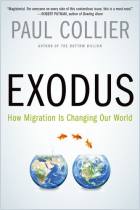

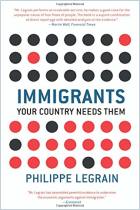
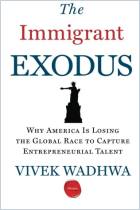
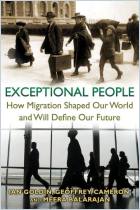
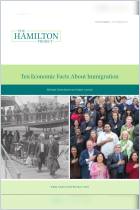
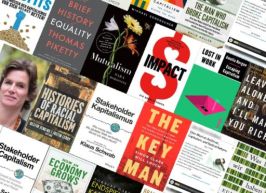



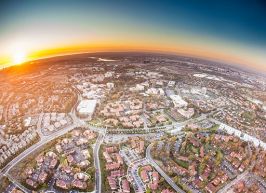

Comment on this summary or Начать обсуждение